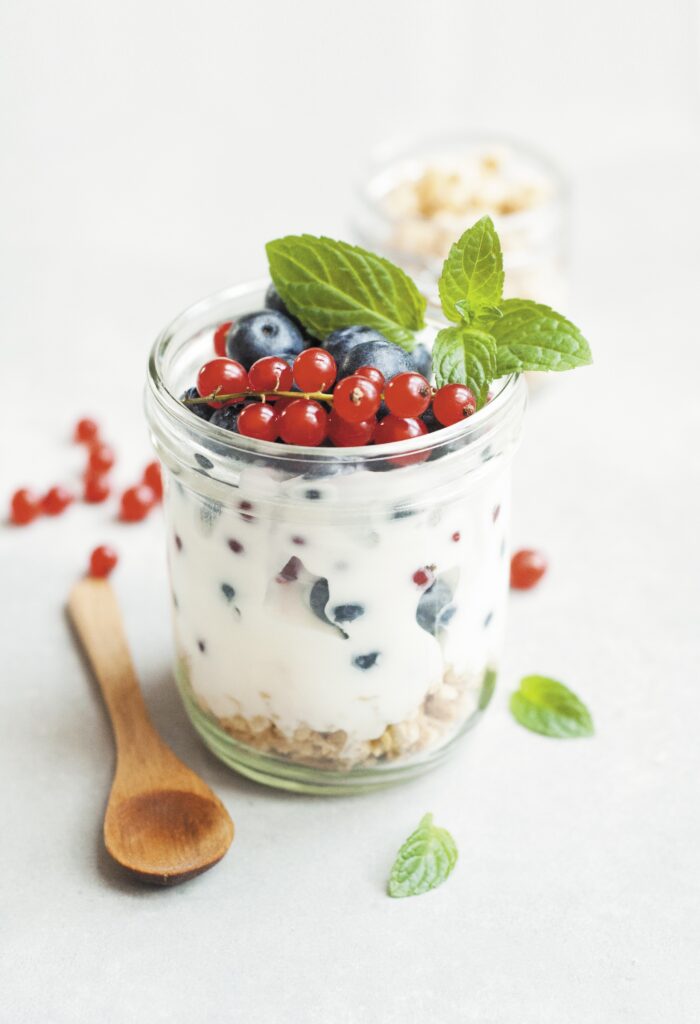Unlocking the Power of Calcium: Deficiency and Vegan-Friendly Sources

Calcium is an essential mineral that plays a vital role in maintaining strong bones, teeth, and overall health. While commonly associated with dairy products, calcium is readily available from a variety of plant-based sources. In this article, we will explore the importance of calcium, the risks of deficiency, and discover how to meet your calcium needs on a vegan diet without relying on milk or dairy products.
The Importance of Calcium: Calcium is not only essential for maintaining healthy bones and teeth, but it also supports proper muscle function, nerve transmission, and blood clotting. It plays a crucial role in maintaining bone density throughout our lives and is particularly important during childhood and adolescence when bone growth is rapid.
Understanding Calcium Deficiency: When our dietary calcium intake is consistently low, our bodies may draw calcium from our bones to maintain blood calcium levels. Over time, this can lead to weakened bones and an increased risk of osteoporosis, a condition characterized by reduced bone density and increased susceptibility to fractures.
Addressing Calcium Needs on a Vegan Diet: Contrary to popular belief, obtaining adequate calcium on a vegan diet is entirely possible. While dairy products are a common source of calcium, there are plenty of plant-based alternatives that can fulfill your calcium requirements. Here are some vegan-friendly sources of calcium:
- Leafy Green Vegetables: Vegetables such as kale, spinach, collard greens, and broccoli are excellent sources of calcium. These nutrient-rich greens can be incorporated into salads, stir-fries, smoothies, or lightly steamed as a side dish.
- Fortified Plant Milks: Many plant-based milks, such as almond, soy, and oat milk, are fortified with calcium and other essential nutrients. Be sure to choose varieties that contain added calcium to help meet your daily requirements. Check the labels for the calcium content and choose brands that offer at least 120 milligrams of calcium per 100 milliliters.
- Tofu and Tempeh: Soy-based products like tofu and tempeh are not only excellent sources of plant-based protein but also provide a good amount of calcium. Look for tofu made with calcium sulfate and include these versatile ingredients in your stir-fries, salads, or sandwiches.
- Legumes and Pulses: Beans, lentils, chickpeas, and other legumes offer a range of health benefits, including a decent amount of calcium. Incorporate them into soups, stews, salads, or make delicious homemade hummus to boost your calcium intake.
- Nuts and Seeds: Almonds, sesame seeds, chia seeds, and tahini (sesame seed paste) are all rich in calcium. Snack on a handful of almonds or sprinkle seeds on your salads, oatmeal, or incorporate tahini into dressings and sauces.
- Calcium-Fortified Foods: Look for calcium-fortified food products such as cereals, bread, tofu, and plant-based yogurts. These fortified options can provide an additional calcium boost to your diet.
Enhancing Calcium Absorption: To maximize calcium absorption, it is important to consider other dietary factors. Vitamin D, which can be obtained through sunlight exposure or vegan-friendly supplements, facilitates calcium absorption. Additionally, avoiding excessive caffeine and sodium intake can help maintain optimal calcium levels.
Conclusion: A vegan diet can provide ample calcium to meet your daily needs without relying on milk or dairy products. By incorporating a variety of plant-based sources such as leafy greens, fortified plant milks, tofu, legumes, nuts, seeds, and calcium-fortified foods, you can ensure adequate calcium intake and maintain strong bones and overall health. As with any dietary change, it’s always wise to consult with a healthcare professional or registered dietitian to ensure you are meeting your specific nutritional needs.




